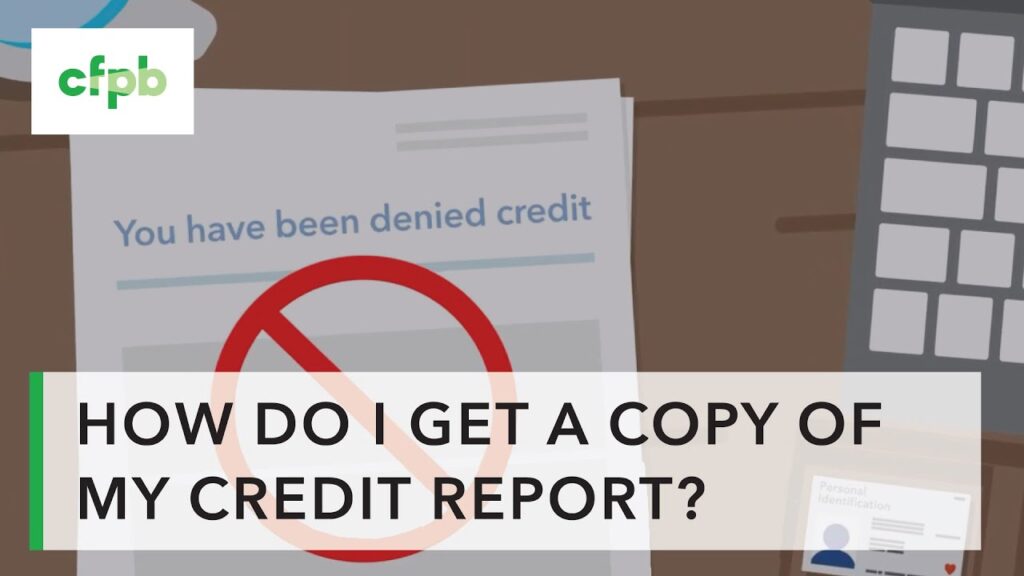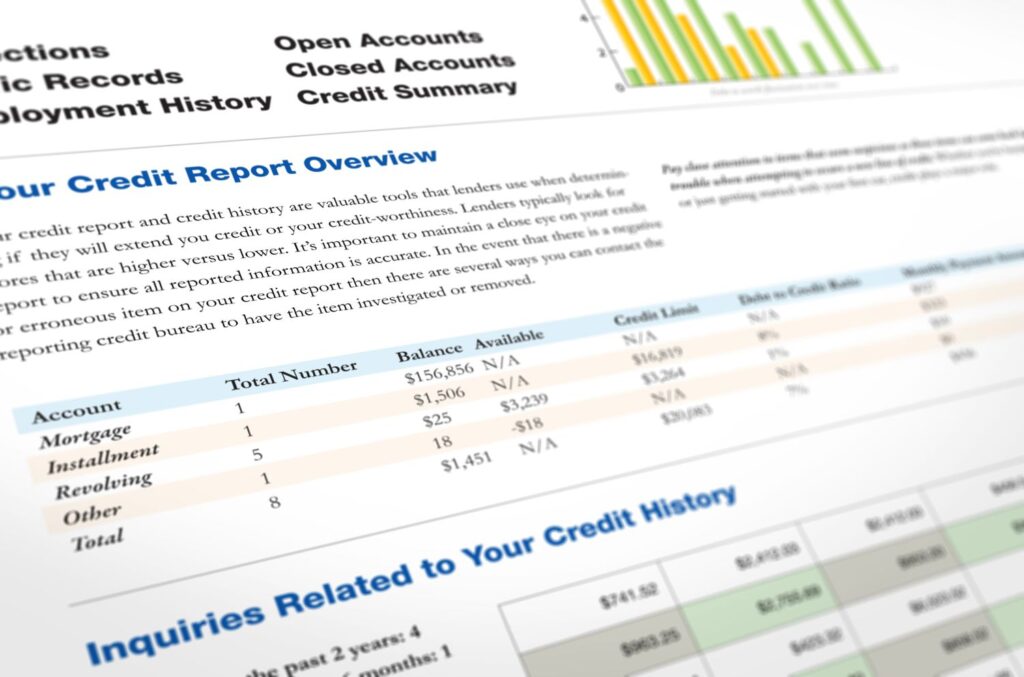So you’ve been pondering over how often you should actually be checking your credit report, and more importantly, where on earth can you get a free copy of it? Well, fret no more, because the answers you seek are right here. This article will break it down for you, giving you practical advice on the ideal frequency for reviewing your credit report and the trusted sources where you can obtain it without spending a dime. Get ready to take charge of your financial future and ensure that your credit history is in tip-top shape!
How Often Should I Check My Credit Report
Importance of Monitoring Your Credit Report Regularly
Keeping a close eye on your credit report is crucial for maintaining a healthy financial future. Your credit report is a summary of your credit history, including details about your loans, credit cards, and payment history. It plays a significant role in your financial well-being, as lenders, employers, and even landlords rely on it to assess your creditworthiness.
Regularly monitoring your credit report allows you to catch any errors or fraudulent activity early on. Identity theft and other forms of financial fraud are unfortunately prevalent in today’s digital age. By checking your credit report regularly, you can quickly identify any inaccuracies or unauthorized accounts and take the necessary steps to rectify the situation.
Furthermore, monitoring your credit report can help you detect signs of potential financial distress. If your credit score suddenly drops or you notice an increase in late payments or delinquent accounts, it may indicate that you are facing financial difficulties. By being aware of these changes, you can take proactive measures to address the issue before it becomes unmanageable.
Factors to Consider When Deciding How Often to Check
While monitoring your credit report is undoubtedly important, the frequency with which you should do so depends on various factors. Here are some key considerations to keep in mind when deciding how often to check your credit report:
-
Financial goals and activities: If you are actively applying for new loans, credit cards, or mortgages, it is wise to check your credit report more frequently. This is because each time you apply for credit, a hard inquiry is made on your report, which can temporarily lower your credit score. By monitoring your report, you can ensure that all information is accurate and up to date before applying for new credit.
-
Credit history: If you have a history of late payments, missed payments, or high credit card balances, it may be beneficial to check your credit report more frequently. These factors can have a significant impact on your credit score, and monitoring your report can help you track your progress as you work towards improving your credit.
-
Awareness of potential fraud: If you have previously fallen victim to identity theft or suspect that your personal information may have been compromised, it is crucial to check your credit report regularly. This will allow you to detect any unauthorized activity early on and take immediate action to protect your financial well-being.
Recommended Frequency for Credit Report Checks
So, how often should you check your credit report? While there is no one-size-fits-all answer, financial experts generally recommend reviewing your credit report at least once a year. This allows you to spot any discrepancies or signs of potential fraud. Additionally, Federal law entitles you to one free copy of your credit report from each of the three major credit bureaus—Equifax, Experian, and TransUnion—every 12 months.
If you are actively managing your credit or have concerns about potential fraud, it may be beneficial to check your credit report more frequently. Some experts suggest checking your credit report every three to six months to stay vigilant and address any issues promptly. However, be mindful that frequent credit report checks can result in multiple hard inquiries, which can have a temporary impact on your credit score.
Ultimately, choosing the frequency of credit report checks comes down to your personal financial situation and goals. Assess your needs, consider the factors mentioned above, and determine a monitoring schedule that best suits your circumstances.

This image is property of i.ytimg.com.
Where Can I Obtain a Free Copy of My Credit Report
Understanding the Importance of Obtaining Your Credit Report
Obtaining a free copy of your credit report is essential in managing your financial health. Your credit report contains valuable information that lenders, creditors, and other institutions use to make decisions about your creditworthiness. By reviewing your credit report regularly, you can ensure that the information it contains is accurate and up to date.
It’s important to note that your credit report may differ slightly across the three major credit bureaus—Equifax, Experian, and TransUnion. Therefore, it is advisable to obtain a copy from each bureau to get a comprehensive view of your credit history.
Official Free Credit Report Sources
Under federal law, you are entitled to one free copy of your credit report from each of the three credit bureaus once every 12 months. The official source for obtaining your free credit reports is AnnualCreditReport.com. This website is authorized by the three credit bureaus and provides a secure and convenient way to access your reports online.
To request your free credit reports, simply visit AnnualCreditReport.com and follow the instructions provided. You will need to provide personal information such as your full name, social security number, and date of birth to verify your identity. Once verified, you can choose to view and download your reports from Equifax, Experian, and TransUnion.
Other Ways to Access Your Credit Report for Free
While AnnualCreditReport.com is the primary and most reliable source for obtaining your credit reports for free, there are alternative methods to access your credit report without incurring any costs. Here are some other ways to obtain your credit report for free:
-
Credit monitoring services: Many credit monitoring services offer free trials that include access to your credit reports. These services may provide additional features such as credit score tracking and fraud alerts. However, be sure to cancel the trial before it expires to avoid any charges.
-
Financial institutions: Some banks and credit unions may offer free credit report access to their customers. Check with your financial institution to see if this service is available.
-
Nonprofit credit counseling agencies: Certain nonprofit organizations that provide credit counseling services may offer free credit report access as part of their educational programs. These organizations aim to empower individuals to take control of their financial well-being.
Remember, while it is essential to monitor your credit report regularly, be cautious of websites or services that claim to provide free credit reports but may charge hidden fees or require credit card information. Stick to reliable and trusted sources to ensure you obtain your credit report without any unexpected charges.
In conclusion, checking your credit report regularly and obtaining a free copy of it are crucial steps in managing your financial health. By carefully reviewing your credit report, you can identify any errors, detect signs of potential fraud, and take the necessary actions to maintain a strong credit profile. Make it a habit to monitor your credit regularly, and use the recommended sources mentioned above to access your credit reports for free. Remember, knowledge is power when it comes to your financial well-being.

This image is property of www.thebalancemoney.com.
